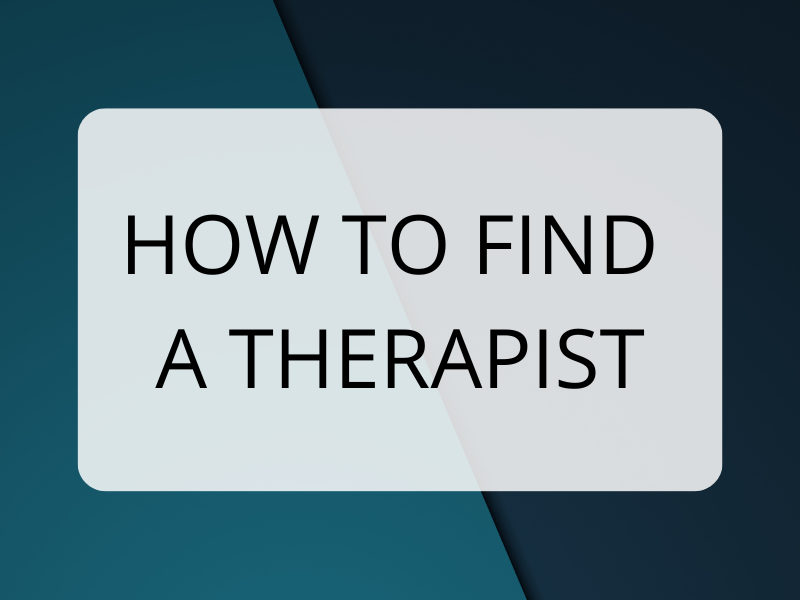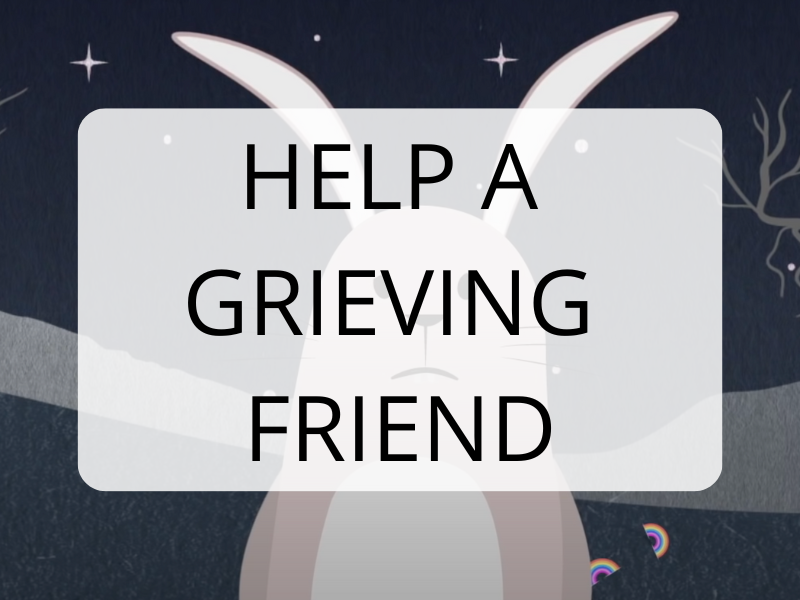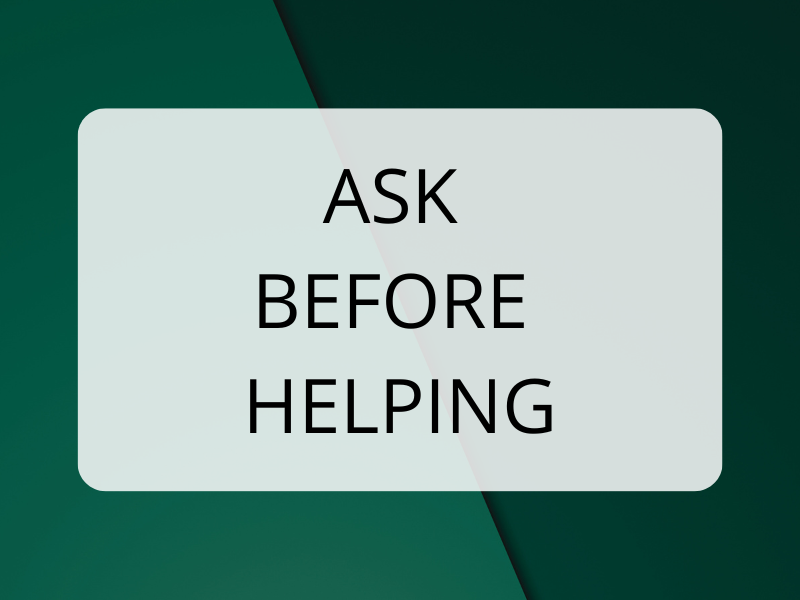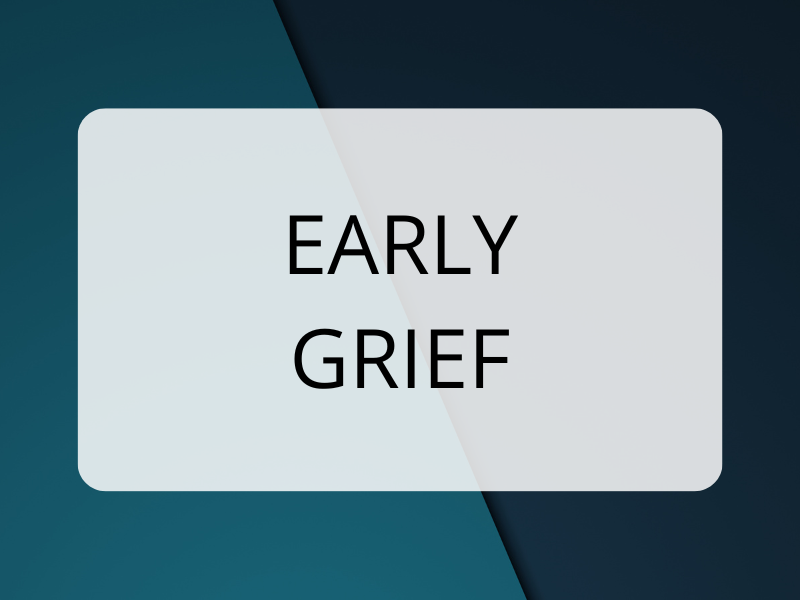How to Find a Grief Therapist
Finding a great grief therapist is tricky. If you’re a licensed mental health counselor, letting potential clients know where you stand on grief can also be difficult. Let's make it easier for everyone by highlighting some clues to help you sort through the noise.
It takes a lot of courage to look for a therapist. But what happens when your life has legit gone sideways – your baby died, or your partner went missing after their usual bike ride, or your perfectly healthy sister died of a fast-moving cancer? What if health issues have dramatically changed your life, and you’re grieving who you used to be? What if you need someone to talk to about your growing grief for the world?
The way someone talks about their practice tells you a lot about what it will be like to work with them. Watch the video for ways to tell if a therapist is a good match for you. Providers! Pay attention to the language clues pointed out in the video. The way you write about your work sends a clear message.
Note that ANYONE who promises a “cure” for emotional challenges is promising something our professional code of ethics specifically prohibits. That’s even before we get into the fact that there’s no “cure for grief.” Unfortunately, that kind of messaging is everywhere. If you see that someone promises the quick resolution of your grief in 5 easy steps - hard pass.
One tip that isn’t in the video: Before you go looking for a therapist, make a list of what you’re looking for in therapy itself. Do you need help with things like panic attacks, intrusive thoughts, sleep issues, relationship challenges, etc? Are you looking for ways to find, if not joy, then contentment or interest in life alongside your grief? Do you need a place where you can talk openly without working on any “strategy” for anything (even strategies for things like improving sleep or reducing anxiety)? This might mean you’re looking for validation and listening from your therapist, more than anything else.
Knowing roughly what you want out of therapy helps you know whether someone is a good match at the outset, and also helps you decide whether you’re getting what you need.
Remember that you don’t need to have a “good reason” to not like someone. Therapy is FOR YOU. Ask for what you want.
You can do this, and you deserve support. Be prepared for the search to be a bit tedious, and to find a lot of junk before you find a good grief therapist. There ARE good people out there. It takes a bit of sleuthing to find them, but they’re out there.
Want to talk to Megan? Speak with Megan directly through our once a month live Q&A grief support group call, or in a private session.
Want to speak with someone who has trained in Megan’s approach to grief? Check out our grief informed provider directory. These folks have gone through a 6 month training with Megan, and while we can’t guarantee you’ll love working with them, the provider directory is a great place to start.
If you’re a licensed mental health counselor or other clinical professional and you’d like to become more grief informed, check for training opportunities here.



